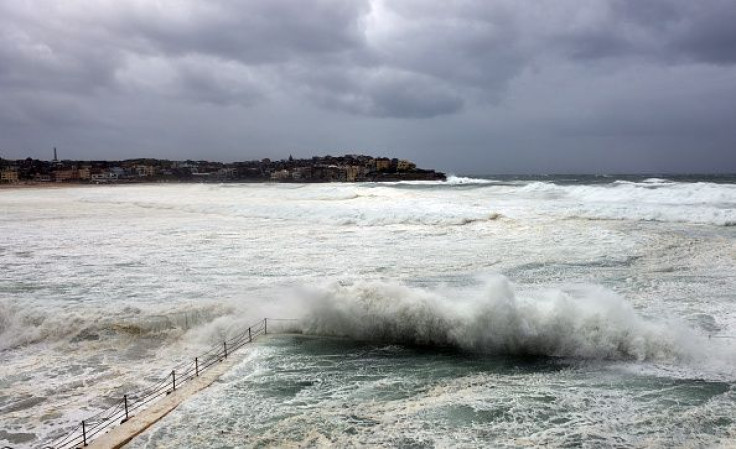Ocean ‘Economy’ Valued At $24 Trillion, But Climate Change, Overfishing Causing Its Worth To Plummet: Report

Can the value of oceans be measured in dollars and cents? Some say yes. Between fisheries, tourism and the shipping industry, the planet’s oceans generate about $2.5 trillion each year in goods and services, a World Wildlife Fund report released Thursday found. The oceans’ total value, the conservation group said, was about $24 trillion. But as climate change, overfishing and habitat loss place strains on marine ecosystems, the oceans’ worth is dropping.
Researchers stressed that if humans don’t work to better to protect oceans from their biggest threats, their role as the drivers of economies across the globe will collapse. “The ocean is at greater risk now than at any other time in recorded history,” Ove Hoegh-Guldberg, director of the Global Change Institute at the University of Queensland in Australia, which led the report, told the Telegraph. “We are pulling out too many fish, dumping in too many pollutants, and warming and acidifying the ocean to a point that essential natural systems will simply stop functioning.”
Over the past century, large-scale commercial fishing has depleted around 90 percent of global fish stocks. Between 1970 and 2010, total marine life declined by 39 percent, Agence France-Presse reported. Rising ocean temperatures from global warming continue to kill off delicate coral reefs. The removal of shoreline mangrove forests, which protect beaches from erosion, are being chopped down at a rate three to five times faster than the average land forest.
The $2.5 trillion estimate makes the oceans the seventh-largest economy in terms of annual gross domestic product, the report said. “The ocean rivals the wealth of the world’s richest countries, but it is being allowed to sink to the depths of a failed economy,” Marco Lambertini, director general of WWF International, said in a statement. “As responsible shareholders, we cannot seriously expect to keep recklessly extracting the ocean’s valuable assets without investing in its future.”
© Copyright IBTimes 2024. All rights reserved.












